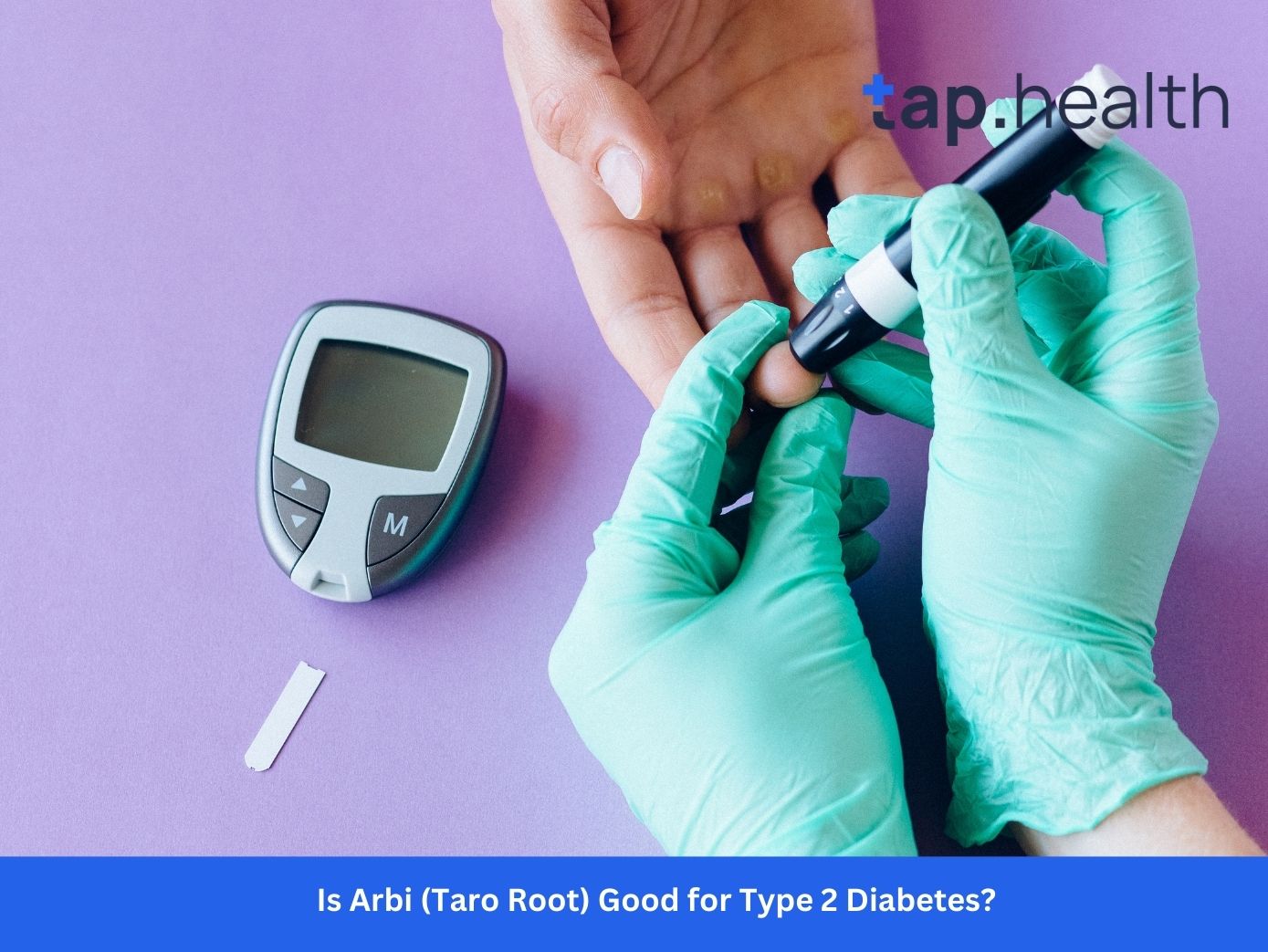Pomegranate juice has gained widespread acclaim for its delicious flavor and numerous health benefits. Rich in antioxidants, vitamins, and essential nutrients, it is often touted as a superfood that can enhance overall well-being. However, despite its many advantages, pomegranate juice may not be suitable for everyone. Understanding who should avoid or limit their intake of pomegranate juice is crucial to ensure safety and optimal health. In this article, we will explore the groups of people who should exercise caution or refrain from consuming pomegranate juice, the reasons behind these recommendations, and alternative options for maintaining a balanced diet.
What is Pomegranate juice
Pomegranate juice is derived from the seeds (arils) of the pomegranate fruit (Punica granatum). Celebrated for its deep red hue and sweet-tart flavor, it is not only a refreshing beverage but also a powerhouse of nutrients. From boosting heart health to enhancing immune function, the benefits of pomegranate juice are well-documented. However, like any food or drink, it is not universally suitable for everyone. Certain individuals may experience adverse effects or interactions that necessitate caution or avoidance.
General Health Benefits of Pomegranate Juice
Before delving into who should avoid pomegranate juice, it is essential to recognize its general health benefits:
- Rich in Antioxidants: Pomegranate juice is loaded with antioxidants like polyphenols, tannins, and anthocyanins, which help combat free radicals and reduce oxidative stress.
- Heart Health: Regular consumption can lower blood pressure, reduce bad cholesterol (LDL), and increase good cholesterol (HDL), thereby reducing the risk of heart disease.
- Anti-Inflammatory Properties: The anti-inflammatory compounds in pomegranate juice can help reduce inflammation in the body, potentially lowering the risk of chronic diseases.
- Immune Support: High in Vitamin C, it strengthens the immune system, helping the body fend off infections.
- Digestive Health: Contains dietary fiber and natural enzymes that aid in digestion and prevent constipation.
While these benefits make pomegranate juice an attractive addition to many diets, certain factors may make it unsuitable for some individuals.
Who Should Avoid Pomegranate Juice?
1.Individuals on Certain Medications
Pomegranate juice can interact with various medications, altering their effectiveness or increasing the risk of adverse effects. Key medications that may interact with pomegranate juice include:
- Blood Thinners (Anticoagulants): Medications like warfarin (Coumadin) can have their effects intensified, increasing the risk of bleeding.
- Cholesterol-Lowering Drugs (Statins): Pomegranate juice may interfere with the metabolism of statins, potentially reducing their efficacy.
- Blood Pressure Medications: It can enhance the effects of antihypertensive drugs, leading to excessively low blood pressure (hypotension).
- Certain Antibiotics: The juice may affect how antibiotics are absorbed and utilized by the body.
Recommendation: If you are taking any of these medications, consult your healthcare provider before incorporating pomegranate juice into your diet to avoid potential interactions.
2.People with Specific Medical Conditions
Diabetes
Pomegranate juice contains natural sugars, which can cause rapid spikes in blood glucose levels. For individuals with diabetes or those managing their blood sugar, consuming pomegranate juice can complicate blood sugar control.
- Impact: Elevated blood sugar levels can lead to long-term complications such as nerve damage, kidney disease, and cardiovascular issues.
- Recommendation: Diabetics should limit their intake to small portions (e.g., 2-3 ounces per day) and monitor their blood sugar levels closely. Opting for unsweetened, pure pomegranate juice without added sugars is advisable.
Kidney Disease
Pomegranate juice is high in potassium, an essential mineral that plays a vital role in heart function and muscle contractions. However, individuals with kidney disease often need to limit their potassium intake to prevent hyperkalemia (elevated potassium levels), which can lead to serious heart problems.
- Impact: Excess potassium can disrupt heart rhythms and exacerbate kidney-related complications.
- Recommendation: Those with kidney disease should avoid or strictly limit pomegranate juice consumption and consult their healthcare provider for personalized dietary advice.
Allergies
Although rare, some individuals may have allergic reactions to pomegranates or pomegranate juice. Symptoms can range from mild to severe.
- Symptoms:
- Itching or swelling in the mouth, throat, or face
- Hives or skin rashes
- Dizziness or lightheadedness
- Difficulty breathing or swallowing
- Recommendation: If you experience any of these symptoms after consuming pomegranate juice, seek medical attention immediately and avoid further consumption.
3.Gastroesophageal Reflux Disease (GERD) and Acid Reflux
The high acidity of pomegranate juice can aggravate symptoms of GERD and acid reflux, causing discomfort and exacerbating the condition.
- Impact: Increased heartburn, chest pain, and regurgitation of stomach acids into the esophagus.
- Recommendation: Individuals with GERD or frequent acid reflux episodes should limit or avoid pomegranate juice. If consumed, it should be in small amounts and preferably with meals to buffer the acidity.
Pregnant and Breastfeeding Women
While pomegranate juice is generally safe for pregnant and breastfeeding women, certain considerations should be kept in mind:
- Nutritional Balance: Ensure that juice consumption does not replace whole fruits and vegetables, which provide essential fiber and nutrients.
- Medication Interactions: If taking prenatal vitamins or other medications, be cautious of potential interactions.
- Moderation: Limit intake to avoid excessive sugar consumption and potential gastrointestinal discomfort.
Recommendation: Consult with a healthcare provider to determine the appropriate amount of pomegranate juice suitable for your specific needs during pregnancy and breastfeeding.
4.Children
Children can safely consume pomegranate juice in moderation, but excessive intake may lead to health issues.
- Potential Issues:
- Dental Erosion: High acidity can wear down tooth enamel.
- Sugar Intake: Excessive sugar can contribute to weight gain and dental cavities.
- Recommendation: Limit pomegranate juice to small servings (e.g., 2-4 ounces) and encourage water and milk as primary beverages. Use a straw to minimize contact with teeth and rinse the mouth with water after consumption.
Also read this- Is Pomegranate Juice Acidic?
Potential Health Risks of Pomegranate Juice
While pomegranate juice offers numerous health benefits, overconsumption or inappropriate consumption can lead to potential health risks:
High Sugar Content
Pomegranate juice is naturally high in sugars, which can contribute to:
- Weight Gain: Excessive calorie intake can lead to unwanted weight gain.
- Blood Sugar Spikes: Rapid increases in blood glucose levels, particularly harmful for individuals with diabetes.
- Increased Risk of Metabolic Syndrome: A cluster of conditions that increase the risk of heart disease, stroke, and diabetes.
Recommendation: Consume pomegranate juice in moderation and opt for unsweetened, pure varieties without added sugars to mitigate these risks.
High Potassium Levels
While potassium is essential for health, excessive intake can be harmful, especially for individuals with kidney disease or those on potassium-sparing medications.
- Symptoms of Hyperkalemia:
- Muscle weakness
- Fatigue
- Irregular heart rhythms
- Nausea or vomiting
Recommendation: Monitor and limit potassium intake if you have kidney-related issues or are on medications that affect potassium levels. Always consult with a healthcare provider.
Digestive Issues
Consuming too much pomegranate juice can lead to:
- Stomach Upset: The high acidity can cause stomach irritation or exacerbate conditions like gastritis.
- Diarrhea: Excessive fiber and natural sugars can lead to loose stools and gastrointestinal discomfort.
Recommendation: Limit intake to recommended portions and consider diluting the juice to reduce acidity and fiber concentration.
Recommendations for Safe Consumption
To enjoy the benefits of pomegranate juice while minimizing potential risks, consider the following guidelines:
Consult Healthcare Providers
Before adding pomegranate juice to your diet, especially if you have underlying health conditions or are on medications, consult with your healthcare provider. They can offer personalized advice based on your health status and needs.
Moderation is Key
- Recommended Intake: Limit consumption to 4 ounces (120 ml) per day for most healthy adults.
- Portion Control: Use measuring cups or portion-controlled containers to avoid overconsumption.
Choose 100% Pure Pomegranate Juice
- Avoid Added Sugars: Select juices labeled “100% pure” without added sugars, artificial flavors, or preservatives to maximize health benefits and minimize unnecessary calorie intake.
- Check Labels: Read nutritional labels to ensure the absence of added ingredients that could negate the juice’s health benefits.
Dilute the Juice
- Reduce Acidity and Sugar Concentration: Mixing pomegranate juice with water, coconut water, or other less acidic juices can make it gentler on the stomach and teeth while lowering overall sugar content.
- Create Balanced Beverages: Experiment with dilution ratios to find a taste and consistency that suits your preferences and health needs.
Incorporate into a Balanced Diet
- Complementary Foods: Pair pomegranate juice with a variety of nutrient-dense foods, including fruits, vegetables, whole grains, lean proteins, and healthy fats to ensure a well-rounded diet.
- Avoid Replacement: Do not use juice as a replacement for whole fruits and vegetables, which provide essential fiber and other nutrients.
Monitor Your Body’s Response
- Listen to Your Body: Pay attention to how your body reacts after consuming pomegranate juice. If you experience discomfort, reduce the amount or discontinue use and consult a healthcare provider.
- Track Symptoms: Keep a journal of any adverse effects, especially if you have pre-existing health conditions or are taking medications.
Alternative Options
If pomegranate juice is unsuitable for you, consider these healthy alternatives that offer similar benefits without the associated risks:
1. Cranberry Juice
- Benefits: High in antioxidants, supports urinary tract health.
- Considerations: Choose unsweetened varieties to avoid added sugars.
2. Beetroot Juice
- Benefits: Rich in nitrates, supports blood pressure regulation and athletic performance.
- Considerations: May have a strong, earthy taste; start with small amounts to acclimate.
3. Blueberry Juice
- Benefits: High in antioxidants, supports brain health.
- Considerations: Limited availability; opt for pure juice without added sugars.
4. Coconut Water
- Benefits: Natural electrolytes, excellent for hydration.
- Considerations: Lower in calories and sugars compared to fruit juices.
5. Green Tea
- Benefits: Rich in antioxidants, supports metabolism and heart health.
- Considerations: Contains caffeine; opt for decaffeinated versions if sensitive.
6. Vegetable Juices (Carrot, Spinach)
- Benefits: High in vitamins and minerals, lower in sugar.
- Considerations: Combine with other vegetables for enhanced flavor and nutrition.
Key Takeaways:
- Moderation is Essential: Limit pomegranate juice intake to about 4 ounces (120 ml) per day to balance benefits and minimize risks.
- Consult Healthcare Providers: Always seek professional advice if you have underlying health conditions or are on medications that may interact with pomegranate juice.
- Choose Pure Varieties: Opt for 100% pure pomegranate juice without added sugars or artificial ingredients to maximize health benefits.
- Protect Your Teeth: Use protective measures like drinking through a straw and rinsing your mouth with water after consumption to prevent dental erosion.
- Consider Alternatives: If pomegranate juice is unsuitable, explore other healthy beverage options that align with your dietary needs and preferences.
By being mindful of these factors, you can safely incorporate pomegranate juice into your diet and enjoy its numerous health benefits without compromising your well-being.
Real-Life Scenario
Consider a person taking blood-thinning medication after heart surgery. They enjoy pomegranate juice daily, thinking it’s healthy. However, it could interfere with their medication, increasing the risk of bleeding. Consulting a doctor before consuming the juice regularly would prevent potential complications.
Expert Contribution
Nutritionists and medical experts advise that pomegranate juice is generally safe for healthy individuals, but caution is necessary for those with medical conditions or on certain medications. Studies suggest that pomegranate can interact with drugs like ACE inhibitors, statins, and blood thinners, making medical guidance essential.
Recommendations Grounded in Proven Research and Facts
- Consult your doctor if you have heart conditions, low blood pressure, or are on medications.
- Avoid if allergic to pomegranate or related fruits.
- Monitor intake if you have kidney issues—high consumption may increase oxalate levels.
- Moderation is key: Even for healthy individuals, 1 glass (about 200 ml) per day is sufficient.
- Check for interactions with medications to avoid adverse effects.
Frequently Asked Questions (FAQ) on Who Should Not Drink Pomegranate Juice?
1. Can pomegranate juice lower high blood pressure?
Yes, pomegranate juice has been shown to help lower both systolic and diastolic blood pressure due to its high antioxidant content, which improves blood vessel function and reduces inflammation.
2. How much pomegranate juice should I drink daily for health benefits?
A recommended amount is about 4 ounces (120 ml) per day. This provides health benefits without excessive sugar or calorie intake. Always consult your healthcare provider for personalized advice.
3. Is pomegranate juice better than other fruit juices for a diet?
Pomegranate juice is high in antioxidants and vitamins, making it a nutritious choice. However, it is also higher in sugar compared to some other juices like cranberry or vegetable-based juices. Choosing 100% pure pomegranate juice without added sugars is essential.
4. Can pomegranate juice interact with medications?
Yes, pomegranate juice can interact with certain medications, including blood thinners and cholesterol-lowering drugs. It may affect how these drugs are metabolized in the body. Always consult your healthcare provider before adding pomegranate juice to your diet if you’re on medication.
5. Is fresh pomegranate juice better than bottled juice?
Yes, fresh pomegranate juice is generally better as it contains no added sugars or preservatives, making it a healthier option. If fresh juice isn’t available, choose pure bottled pomegranate juice without additives.
6. Can pomegranate juice help with weight loss?
Yes, pomegranate juice can aid in weight loss by providing antioxidants, promoting satiety, and reducing sugar cravings. However, it’s important to consume it in moderation to avoid excess calorie and sugar intake.
7. Is pomegranate juice safe for diabetics?
Pomegranate juice contains natural sugars, which can affect blood sugar levels. Diabetics should consume it in moderation and monitor their blood sugar closely. It’s best to consult a healthcare provider before adding it to your diet.
8. Can I use pomegranate juice as a meal replacement?
While pomegranate juice is nutritious, it should not be used as a meal replacement. It lacks essential proteins and fats needed for a balanced diet. Use it as a supplement to your meals instead.
9. Does pomegranate juice help with digestion?
Yes, the fiber and natural enzymes in pomegranate juice aid in digestion, helping to prevent constipation and promote a healthy digestive system.
10. Can pomegranate juice boost my immune system?
Absolutely. Pomegranate juice is high in Vitamin C and other antioxidants that strengthen the immune system, helping the body fight off infections and illnesses more effectively.
References
- Mayo Clinic – Pomegranate Juice: Health Benefits and Nutrition
- Journal of Clinical Hypertension – Anti-Inflammatory Effects of Pomegranate Juice
- National Institute of Diabetes and Digestive and Kidney Diseases (NIDDK) – Gastroesophageal Reflux Disease (GERD)



